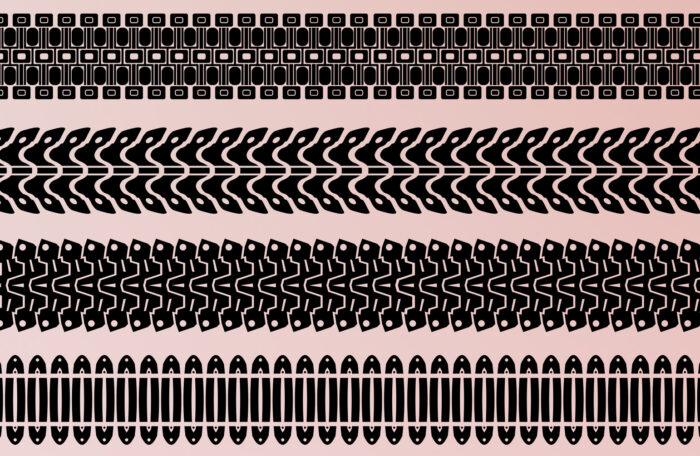
Opening: December 7, 2023, 7—9 pm
On view: December, 8, 2023—January 14, 2024
with works by Catrin Bolt, Ivica Capan, Robert Freund, Leopold Kessler, Wolfgang Obermair, Lesia Pcholka, Ekaterina Shapiro-Obermair
For the exhibition On the New the curatorial team of the Belvedere 21 invited around fourty-five artists and twenty-four exhibition spaces, hoast among others. The show runs from April 7, 2023 to January 14, 2024 in three parts with a partial exchange of the exposition in the middle of each spot. More information here.
In their contribution to the exhibition, hoast questions the dynamics of the new. Do the Belarusian protests of 2020/21, to which Lesia Pcholka refers, lose significance once they fade from the media limelight? The artworks draw from experiences of violence and abuse of power, and, while bound within the context of their creation, often from some years ago, the pieces now take on new and unpredicted meanings with the changed political landscape. Both Ivica Capan and Catrin Bolt combine elements that do not coincide though are not necessarily opposed. Capan depicts drones in a Hieronymus Bosch painting and thereby confronts art history with the challenges of current affairs. Catrin Bolt’s mountain landscape is made from a collection of second-hand Camouflage fabrics. Resembling a wall carpet, the fabric literally creates a backdrop for the exposition and links the decreasing war threats with the Austrian identity. Wolfgang Obermair shows one of the six knobs he produced during his stay in Israel in the Summer of 2023, each of which is named after a leader from the ruling coalition, recalling recent political protests. Leopold Kessler also made his film in Israel for the Sharjah Biennale 2007. A clear plot, in which a diver approaches an undersea restaurant in Eilat, now after October 7 2023 evokes a sense of uncanniness. Robert Freund creates, with his highly coded images, allegories for the status quo of our presence. His subjective truth appears as an apocalyptic foreboding force: the artist as prophet. The drawing of Ekaterina Shapiro-Obermairs is inspired by a propaganda booklet produced by the Croatian Union of Artists during the Balkan War. Shapiro-Obermair applies a sentence originally related to Serbian literature to other European nations and, through this affirmative practice, emphasizes the absurdity of calls for the purification of culture.
Belvedere 21
Arsenalstraße 1
1030 Vienna